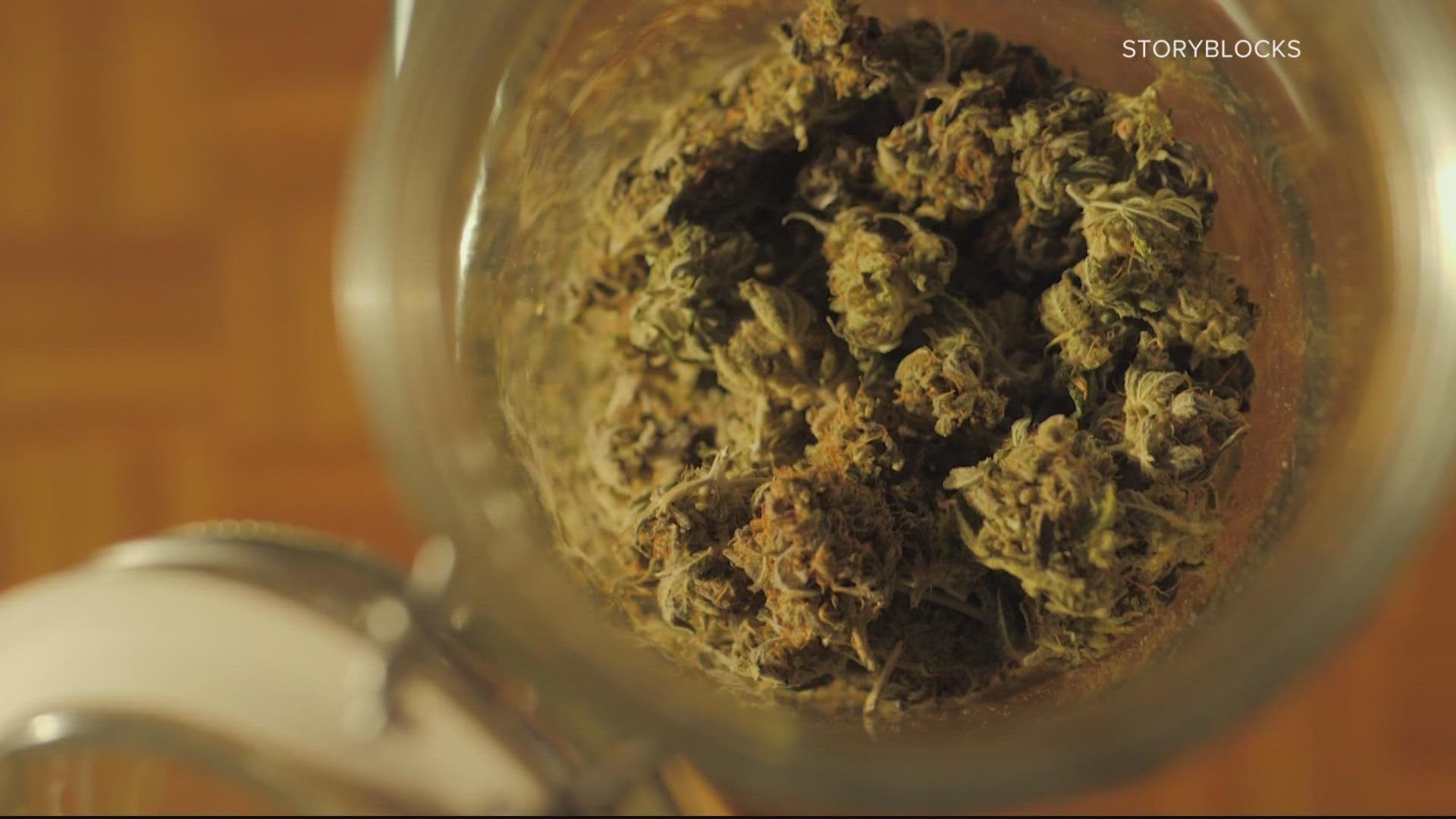WASHINGTON — The year 2023 is shaping up to be a big one for the marijuana enterprise in Maryland.
Last year, 65% of Maryland voters passed a constitutional amendment to legalize marijuana on the Nov. ballot. The referendum was the final step; the General Assembly passed a companion bill back in April.
A VERIFY viewer emailed the team asking about how the law impacts medical marijuana in the state.
“Since marijuana was legalized in MD do you still need a Medical card & renew it every year?," Marla from Mechanicsville, Maryland asked via email.
Let's VERIFY.
First and foremost, as of today, marijuana is NOT legal in Maryland.
As of Jan. 1, possessing up to 2.5 ounces of weed is officially decriminalized—meaning a civil fine only—for those 21 and older.
Possession of up to 1.5 ounces will be legal recreationally, but not until July 1, 2023.
“After July 1, possessing between 1.5 ounces and 2.5 ounces remains a fine-only offense, but that’s not 'legal,'" Paul Armentano, deputy director of advocacy group NORML said. "It’s only legal to possess up to 1.5 ounces.”
Our VERIFY researchers spoke with Armentano and looked at info from the Maryland Medical Cannabis Commission, to find out how medical cannabis will be affected come July.
According to the Maryland Medical Cannabis Commission, nothing about the new law directly impacts the state’s medical marijuana program.
"Patients may continue to obtain medical cannabis from licensed dispensaries, and individuals 18 years or older may register to participate in the program," their website says.
As for why you’d want to keep your card up to date, Armentano says access to a consistent supply of the type of marijuana you’re used to especially since he believes it will take years to get the recreational market running.
The Maryland General Assembly still needs to figure out how to regulate recreational use in the state.
“It is unknown when these retail facilities will be up and running,” Armentano said. "...It is possible that lawmakers could decide to do in the interim create a sort of dual licensure situation where existing medical dispensaries receive a provisional license to also operate as adult use retailers.”

